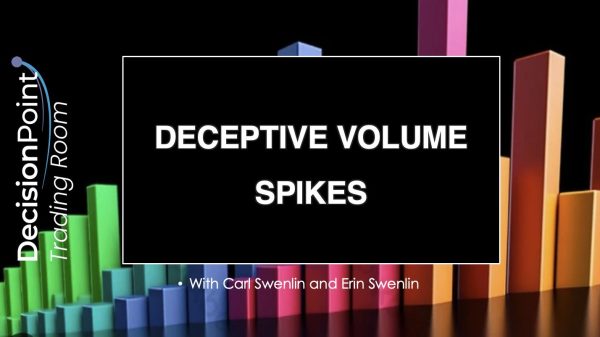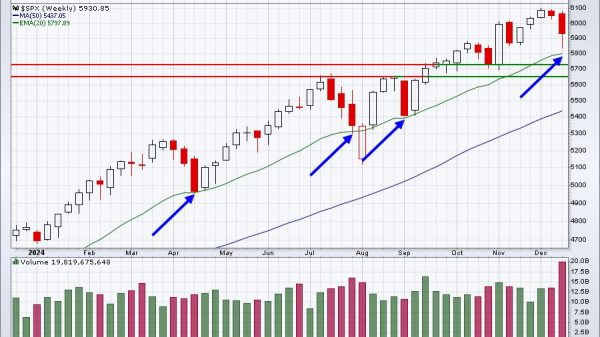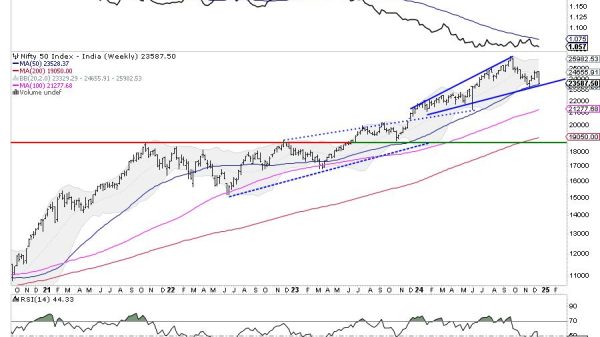Colin Grabow
After years of planning and preparation, the Vineyard Wind project is swinging into high gear. Wind turbine monopiles recently arrived from Spain have been loaded onto a specialized vessel that is now installing them off the coast of Massachusetts. When that job is complete it will return to port for another batch. But these back‐and‐forth trips don’t involve a nearby Massachusetts port, or any U.S. port for that matter. Rather, thanks to the protectionist Jones Act the hub of this activity is Halifax, Nova Scotia over 400 miles away from the future wind farm.
Passed in 1920, the Jones Act restricts the waterborne transportation of “merchandise” between two U.S. “points” to vessels that are U.S.-registered, U.S.-built and mostly U.S.-crewed and owned. In the offshore wind context, U.S. points include both the port that vessels depart from as well as the installation site, while wind turbine components—including foundations (monopiles)—constitute merchandise. As no U.S.-flagged and built installation vessels currently exist to transport monopiles from a U.S. port to the Vineyard Wind site, the only viable option is the use of a foreign installation vessel operating out of a foreign port—in this case Halifax.
Operating out of more distant ports brings added complications. In 2020—again because of the Jones Act—Halifax was used as the staging ground for installing a pair of wind turbines 800 miles away off the coast of Virginia instead of a closer U.S. port. The New York Times described the 1920 law as the project manager’s biggest problem, contributing to the installation effort lasting a full year rather than the matter of weeks it would have taken in Europe.
Three years later, the Vineyard Wind project finds itself in a similar position. Thankfully, the round‐trip from Halifax to the installation site near Martha’s Vineyard is significantly shorter. But the number of wind turbines involved is also far greater at 62, necessitating at least 11 round trips from Nova Scotia compared to six for the Virginia project.
Help—of sorts—is on the way. The first wind turbine installation vessel that fully complies with the Jones Act is slated to be delivered by a Texas shipyard later this year (although whether this happens as scheduled remains to be seen—of two ships ordered from the shipyard in 2017 for a 2020 delivery, one wasn’t delivered until July 2022 while the other still has yet to be delivered). Once in operation, the vessel will allow for turbine components to be loaded in U.S. ports rather than using less efficient Jones Act workarounds.
The bad news is that the $500 million vessel—an amount that exceeds the international price for such vessels by approximately $170 million—appears set to see its price further balloon at least partly due to the shipyard’s inexperience in building such vessels. Furthermore, no more such vessels are currently in the pipeline. And with prices estimated to have now climbed to $800 million, it’s unclear whether any ever will be.
It’s not just the installation vessels that feature eye‐popping prices either. As a recent report from consulting firm Intelatus Global Partners points out, U.S.-built service operation vessels used to maintain offshore wind farms after they are built are estimated to have prices 40 to 140 percent greater than those constructed overseas. Given prices that exceed $50 million for such vessels overseas, that’s potentially tens of millions of dollars in added cost per vessel. With some analysts projecting that up to 15 such vessels will be required to meet U.S. offshore wind needs, the toll exacted by U.S. protectionism will not be cheap.
Unfortunately, the problems may not end there.
Rather than seeking to relieve the burden posed by protectionist U.S. laws, some in Congress are advancing legislation that would impose further restrictions on the offshore energy sector’s use of foreign vessels and mariners. Such legislation comes despite the fact that, beyond a lack of specialized vessels, the U.S. maritime industry is also suffering from a shortage of U.S. mariners—particularly those with offshore wind experience. Unsurprisingly, the offshore wind industry is fiercely opposed.
It’s beyond the scope of this blog post to assess whether offshore wind energy is sensible or not. If the development of this industry is to be pursued, however, it should be done in the most efficient and cost‐effective manner possible. U.S. maritime protectionism—like all protectionism—only guarantees inefficiency, higher costs, and waste. If President Biden truly believes that climate change is a “clear and present danger to the United States” and that offshore wind should play a key role in mitigating this threat, then he—and other policymakers who share such convictions—should urgently push for the removal or relaxation of Jones Act restrictions.























